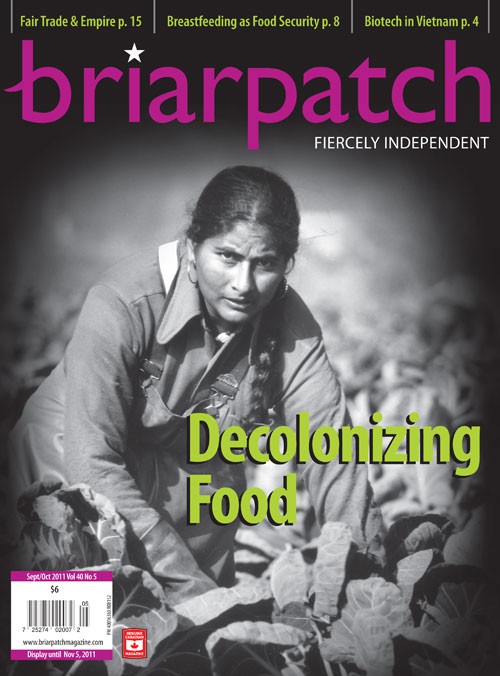
September/October 2011
Decolonizing food
Our agricultural and food systems embody considerable potential for the powerful and the marginalized alike. Because it is essential to our very existence, those who control food control people. And when we reclaim control over these systems, we open up the possibility of asserting our power in other spheres as well.
Inside This Issue
-
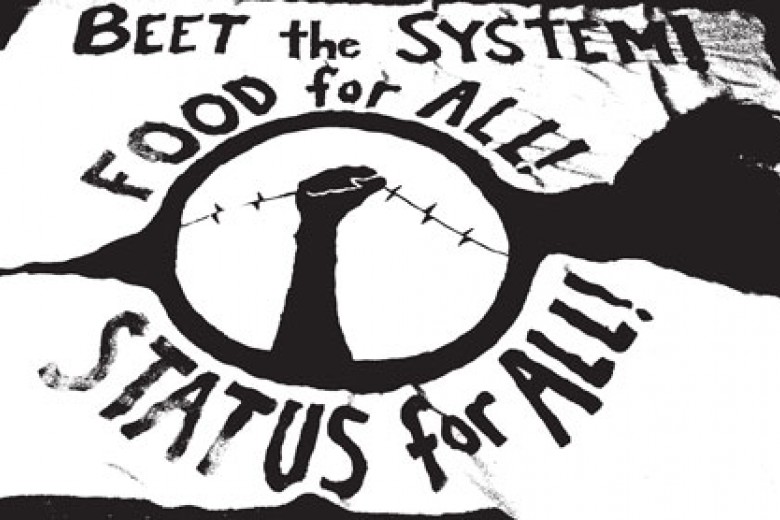
Letter from the editor
-
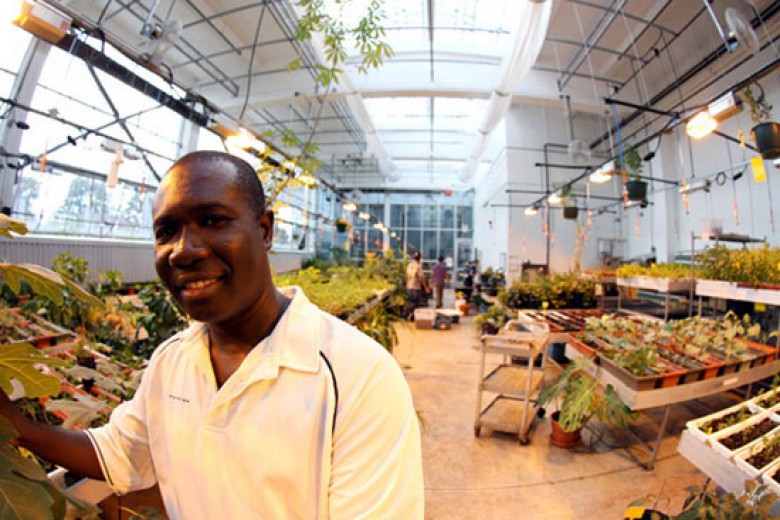
Food for all!
-

Selling the farm
-
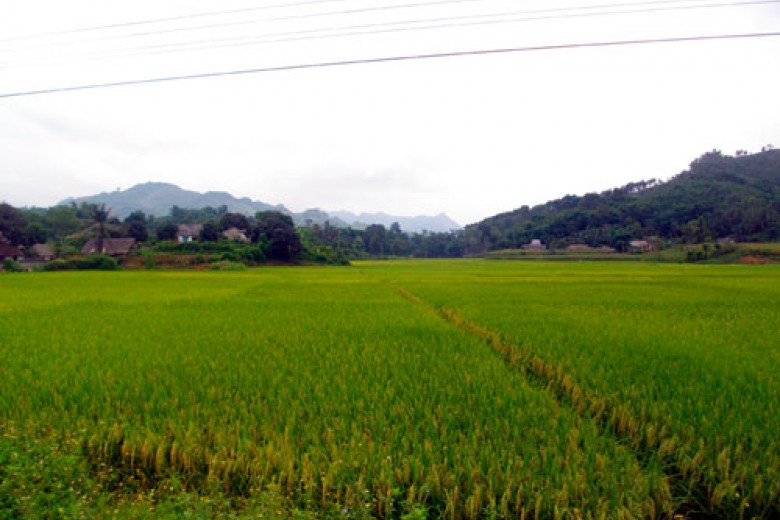
Recipe for disaster
-
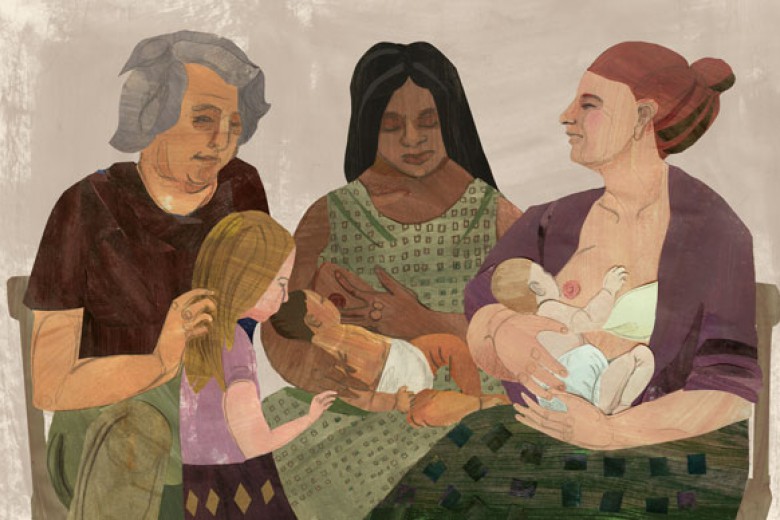
From apple pie and mother’s milk to pop-tarts and formula
-
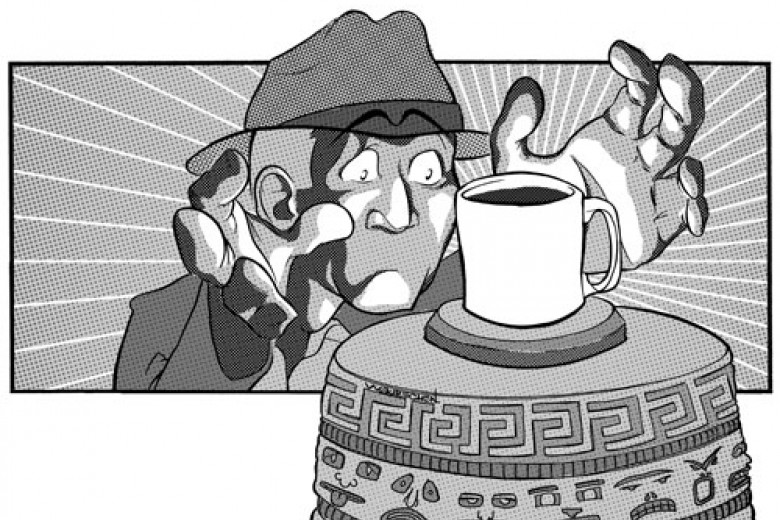
Fair trade and empire
-
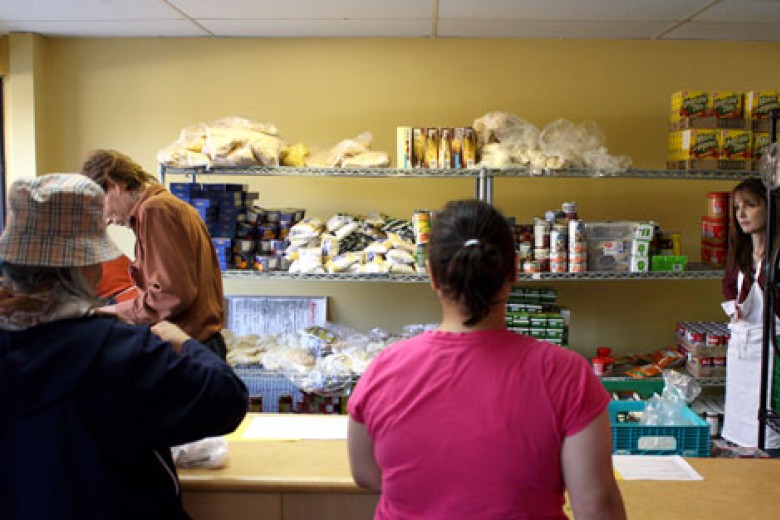
Propagating the food movement
-

20 food initiatives to get excited about
-
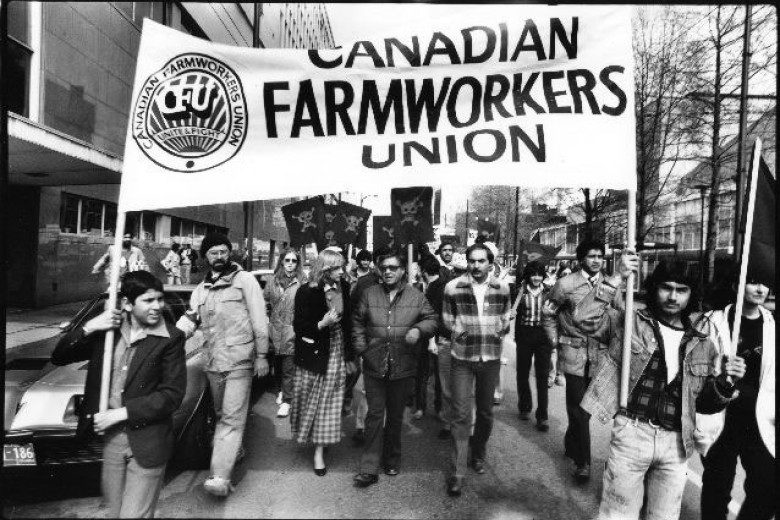
The colour of food
-

Learning to grow
-

‘Play in the Hay’ and other agricultural ventures
-
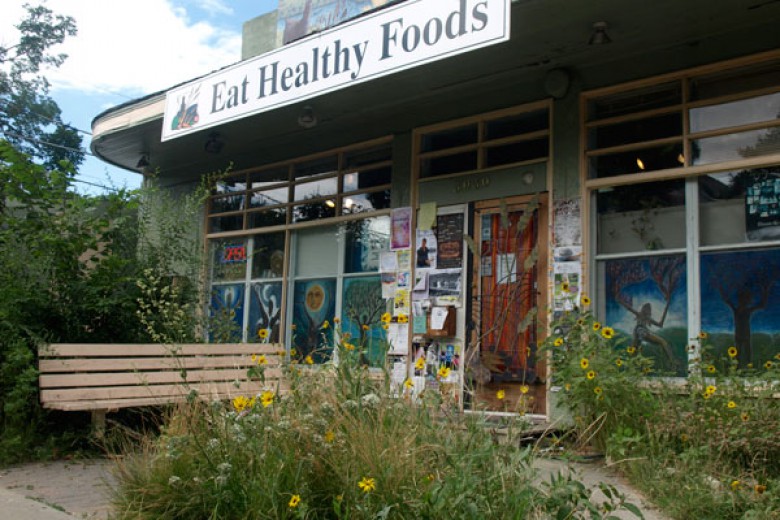
Feeding the revolution
-
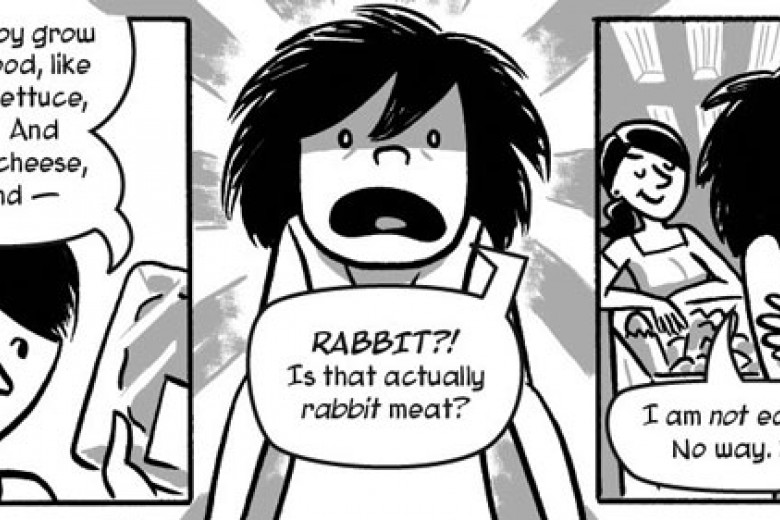
Peak oil for preteens
-
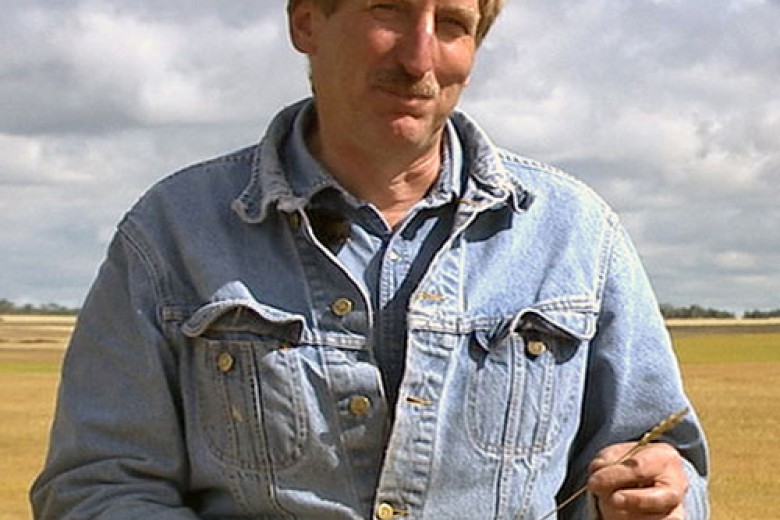
In defence of the Canadian Wheat Board


